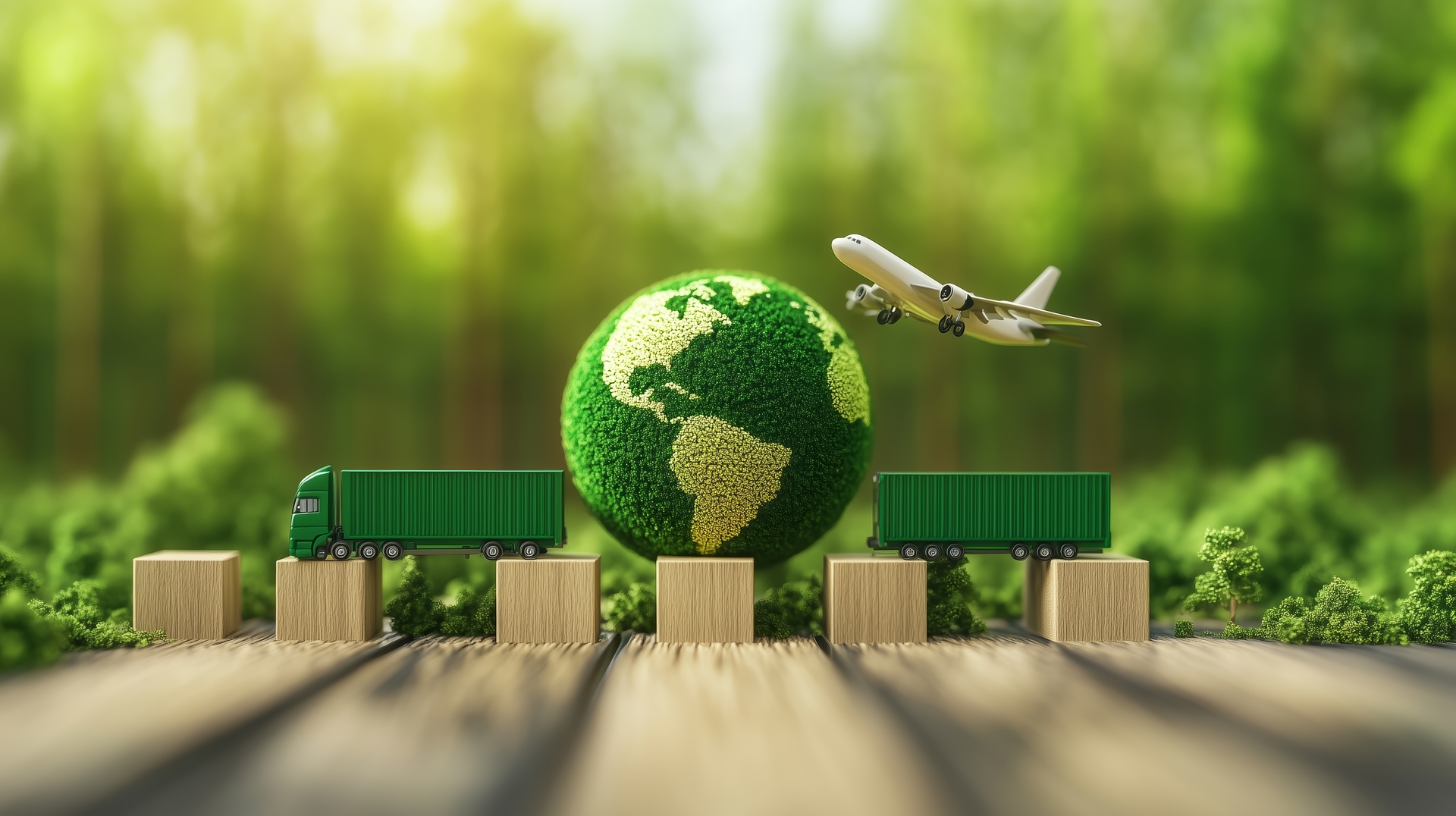
On September 2, 2025, the French Chamber in Taiwan hosted an important webinar on Supply Chain Decarbonization, facilitated by Stéphane Peden. The session gathered leaders from semiconductors, shipping, luxury, retail, and sustainability consulting to exchange strategies on how industries can cut greenhouse gas emissions and align with global climate goals.
The urgency stems from the dominance of Scope 3emissions (upstream and downstream impacts), which can account for up to 80% of a company’s carbon footprint. Tackling these emissions requires collaboration, innovation, and accountability across entire ecosystems.
Edoardo Auteri, Head of Sustainability Programs (APeC) at ST Microelectronics, outlined how the company aims to be the first IDM to reach carbon neutrality by 2027across Scopes 1, 2, and critical Scope 3 categories.
John Lim, Managing Director of CMACGM Taiwan, presented the group’s ambitious timeline: –30%GHG by 2030, –80% by 2040, net zero by 2050.
When Michelle Ma-Jackson, Worldtop & Meta’s Brand Consultant asked about the cost of decarbonization, John replied:
“Green is not free—but the absence of alternatives makes the choice simple.”
Linda Wang, Senior Sustainability Manager at Chanel Taiwan, shared the brand’s strategy to achieve netzero by 2040,validated by the SBTi.
Tristan Guiraud, Product Sustainability Leader at Decathlon Taiwan, emphasized the retailer’s holistic view of decarbonization.
Alexandre Levy, Founder of Mind Trust, summarized as ix-level framework for companies:
Levy noted that disclosure requirements (ISSB, CSRD, SBTi)are accelerating adoption across Asia. Despite US political pushback, momentum in Asia and Europe continues strongly—especially as consumers in China show growing preference for sustainable brands.
At Worldtop & Meta, we see supply chain decarbonization not as a cost, but as an investment in resilience and trust. By helping clients shift transport modes, adopt greener sourcing, and gain visibility across their networks, we aim to turn sustainability into competitive advantage.
The webinar made one truth clear: no single company can decarbonize alone. Progress depends on supplier partnerships, cross-industry collaboration, and transparent reporting. From semiconductors to shipping to retail, every sector has a role to play—and logistics providers like Worldtop & Meta are at the center of enabling that transition.